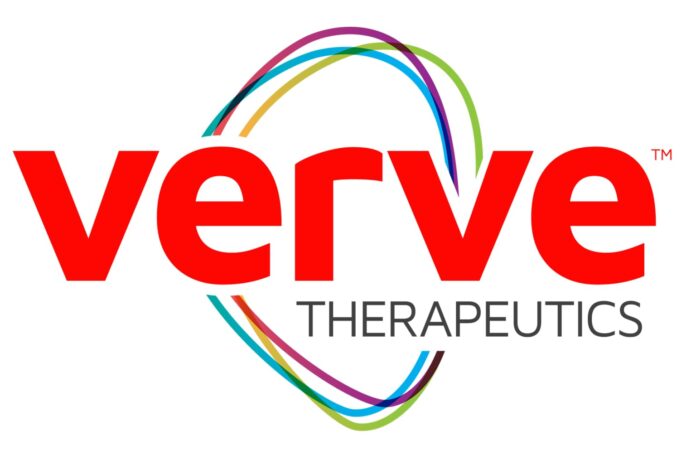An announcement by Eli Lilly and Company to acquire Verve Therapeutics, a Boston-based clinical-stage biotechnology organization, in an all-in deal worth up to 1.3 billion will cement the future of cardiovascular therapeutics. The transaction highlights how the pharmaceutical giant is increasingly committing itself to gene editing therapy and how it envisions chronic treatments in the future as a single-dose cure.
The acquisition, announced on June 17, 2025, combines the well-developed Lilly organization in cardiometabolic diseases with the leading-edge gene editing in vivo expertise of Verve. The goal of the two companies is to change the paradigm of treating cardiovascular illnesses, and it is even possible that the treatment can be done only once and never again.
Also read: US Embassy in Israel Hit by Iranian Missile: Will the US Go to War?
A Strategic Move Toward One-Time Therapies
Verve Therapeutics is leading the genetic medicine, which includes cardiovascular-reducing medication through irreversible gene edits. Its flagship product is VERVE-102, a first-in-class experimental drug that targets the PCSK9 gene, which is recognised to influence the levels of cholesterol. The PCSK9 inhibitors are already successful at reducing LDL cholesterol levels, but the Verve gene editing treatment hopes to discontinue the gene permanently with a one-time in vivo treatment.
VERVE-102 is in phase 1b clinical trials in patients with heterozygous familial hypercholesterolemia (HeFH) and premature coronary artery disease. The FDA has also designated the program as Fast Track. Assuming the terms of success, VERVE-102 would change the model of lifelong drug therapies to one-and-done.
The therapy was described by the Group Vice President of Diabetes and Metabolic Research within Lilly, Dr. Ruth Gimeno, as being transformative and that it has the potential to become an important breakthrough in the management of one of the most widespread health risks in the world.
The Deal Structure and Shareholder Impact
Under the terms of the agreement, Lilly will initiate a tender offer to acquire all outstanding shares of Verve at $10.50 per share in cash, totaling around $1.0 billion. In addition, shareholders will receive a non-tradeable contingent value right (CVR) worth up to $3.00 per share if certain development milestones are met. That would bring the total deal value to $13.50 per share, representing a 113% premium over Verve’s 30-day average stock price before the announcement.
The CVR will only be paid if VERVE-102 is dosed in a Phase 3 U.S. trial within ten years of the transaction closing. While the CVR introduces some uncertainty, it reflects Lilly’s confidence in the potential of Verve’s pipeline.
Verve’s Board of Directors unanimously recommended shareholders accept the offer, and key stakeholders—who collectively own nearly 18% of the company—have already agreed to tender their shares. The transaction is expected to close in Q3 2025, pending regulatory and shareholder approvals.
Building a Portfolio for Long-Term Impact
In addition to VERVE-102, Verve has two other promising candidates in development. VERVE-201 targets the ANGPTL3 gene to treat refractory hypercholesterolemia, while VERVE-301 is being designed to silence the LPA gene, another key driver of cardiovascular risk. Together, these programs reflect a comprehensive approach to tackling the major genetic contributors to heart disease.
For Eli Lilly, this acquisition expands its pipeline of cardiometabolic therapies and further solidifies its position in the emerging field of genetic medicine. The company is already a leader in diabetes and obesity care, and the Verve deal brings it one step closer to providing long-term, durable solutions for cardiovascular conditions.
Conclusion
Eli Lilly’s acquisition of Verve Therapeutics marks a bold step in the evolution of heart disease treatment. By betting on one-time genetic cures over chronic care, Lilly signals its intent to lead the next wave of medical innovation. For patients living with high cholesterol and related heart conditions, the deal could eventually lead to lifelong relief with a single treatment—a goal that once seemed out of reach, but is now rapidly approaching reality.








